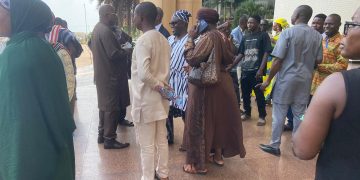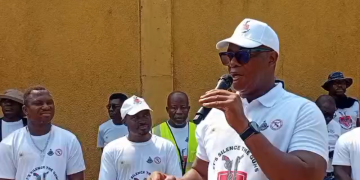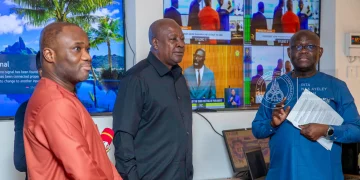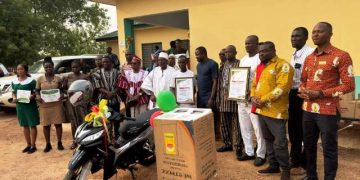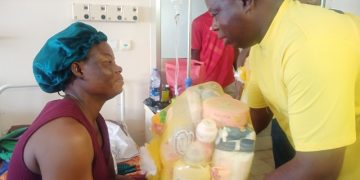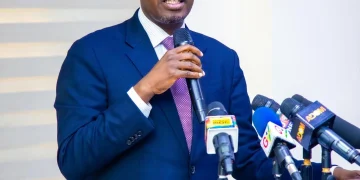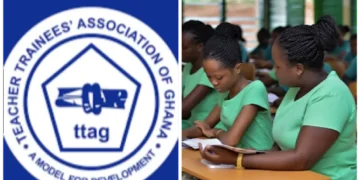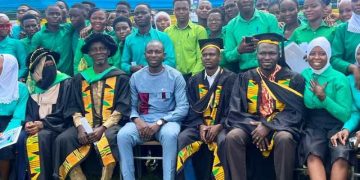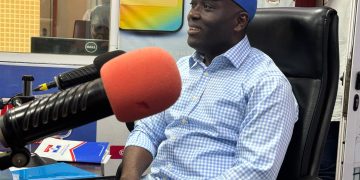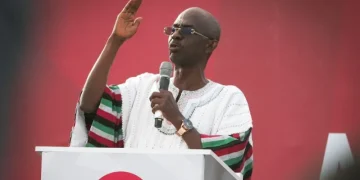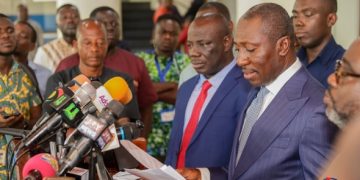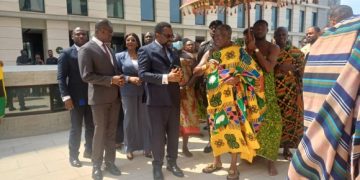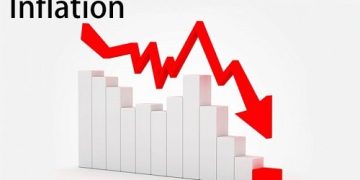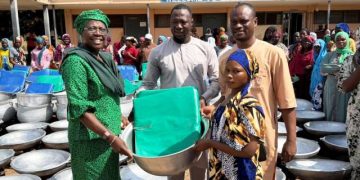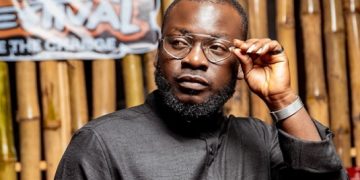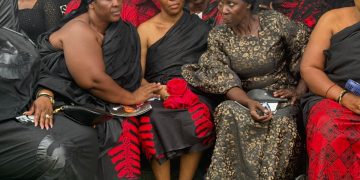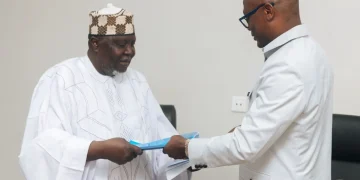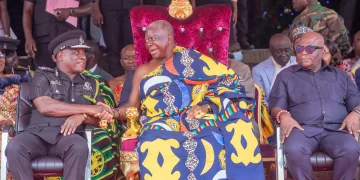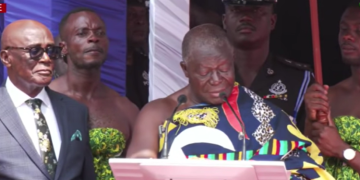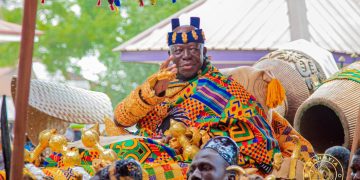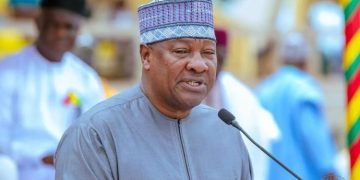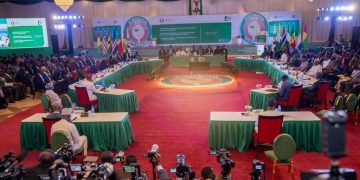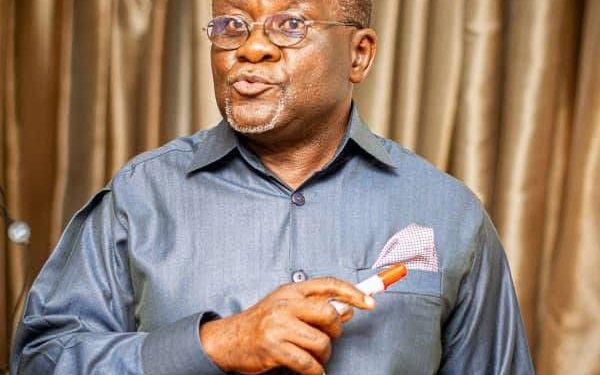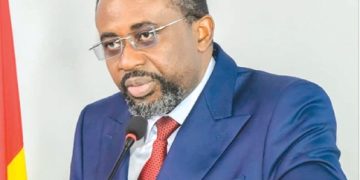Development economist and former presidential staffer, P. V. Jantuah Boateng Dadson, has advised that the proposed Women’s Development Bank should operate as a universal bank rather than a development bank to better serve Ghanaian women.
In a post on his official Facebook page, Mr. Dadson commended the initiative promised by the flagbearer of the National Democratic Congress (NDC), John Dramani Mahama, but urged policymakers to design the bank in a way that allows women easy access to credit and savings services.
“I am of the view that the proposed Women’s Development Bank cannot be a development bank (i.e., taking cognizance of capitalization issues & the functions of a typical DB) but rather a universal bank,” he wrote. “The women must be encouraged and educated to save and access credit facilities for their various businesses with Women’s Bank.”
Mr. Dadson suggested several possible names for the bank to reflect its purpose, including Women’s Savings and Credit Bank (WSCB), National Women’s Savings and Credit Bank (NWSCB), and Bank for Women’s Savings and Credit (BWSC).
He also proposed cost-saving measures to make the initiative more sustainable. According to him, the government could reactivate the Post Office Savings Act of 1962 (Act 129) to use existing Ghana Post Offices as the bank branches.
“So that all Ghana Post offices can be used as branch offices for the Women’s Bank and ensure proximity to women across the country,” he suggested. “Hiring of office spaces and furnishing alone can eat into the initial capital of the bank. However, using part of the space of the Ghana Post premises, which has been underutilized over the years because of the internet & ICT, will only require fixing of branded signages, repaintings, furniture supply including technology fittings, etc., and the Women’s Bank is good to fly,” he added.
Mr. Dadson emphasized that the bank’s leadership and staffing should reflect competence and merit, not political affiliation.
“The board composition, executive positions, and staffing must be done on a meritorious basis and must be devoid of politics. This will make the women’s bank different from all state-owned banks,” he remarked.
Meanwhile, the government’s 2026 budget has allocated GH¢401 million as a capital injection for the establishment of the Women’s Development Bank. The funding aims to expand access to affordable financing for women-owned micro, small, and medium enterprises (MSMEs), while promoting women’s entrepreneurship and economic inclusion.
Analysts say the proposal, if implemented, could bring banking services closer to women across the country and help promote financial independence among Ghanaian women.
Background:
The promise to establish a Women’s Development Bank (WDB) by the National Democratic Congress (NDC) under John Dramani Mahama emerged as one of the party’s flagship commitments during the 2024 general elections.
Mr. Mahama championed the bank as a crucial tool to empower Ghanaian women financially by addressing their long-standing challenges in accessing affordable credit.
During his campaign and in official platforms such as the launch of the Voice of Women (VOW) initiative, Mahama pledged that the bank would serve at least one million women by providing low-interest loans, flexible repayment terms, and business training tailored specifically for women entrepreneurs, market traders, and small business owners.
He described it as a “game-changer” for women-led businesses that would level the playing field by dismantling financial barriers and promoting economic inclusion.
The NDC’s 2024 manifesto prominently featured the WDB, positioning it not as a minor program but as a headline policy aimed at boosting women’s entrepreneurship, job creation, and overall empowerment.
Mahama’s campaign team underscored that the bank would be a “special-purpose institution run by women for women,” and became a key symbol of the party’s commitment to gender equality and economic justice.
The proposal was aligned with broader gender equity goals, including the Affirmative Action Act of 2024, which aimed to increase women’s representation in political and economic spaces. Significant seed capital pledges were made, including a promise by Mahama to provide the equivalent of $20 million in cedi terms to launch the bank.
However, following the election and government formation, implementation has faced criticism.
By late 2025, while the government allocated an initial capital of GH¢51.3 million in the 2025 budget and later GH¢401 million in 2026, progress on establishing the bank has been slower than expected.
Observers and activists argue that the mechanistic rollout and lack of operational structures contrast starkly with the bold promises made on the campaign trail.
Still, the Women’s Development Bank remains a highly anticipated initiative meant to close the gender finance gap, extend credit to women-led micro, small, and medium enterprises (MSMEs), and catalyze inclusive economic growth in Ghana.


